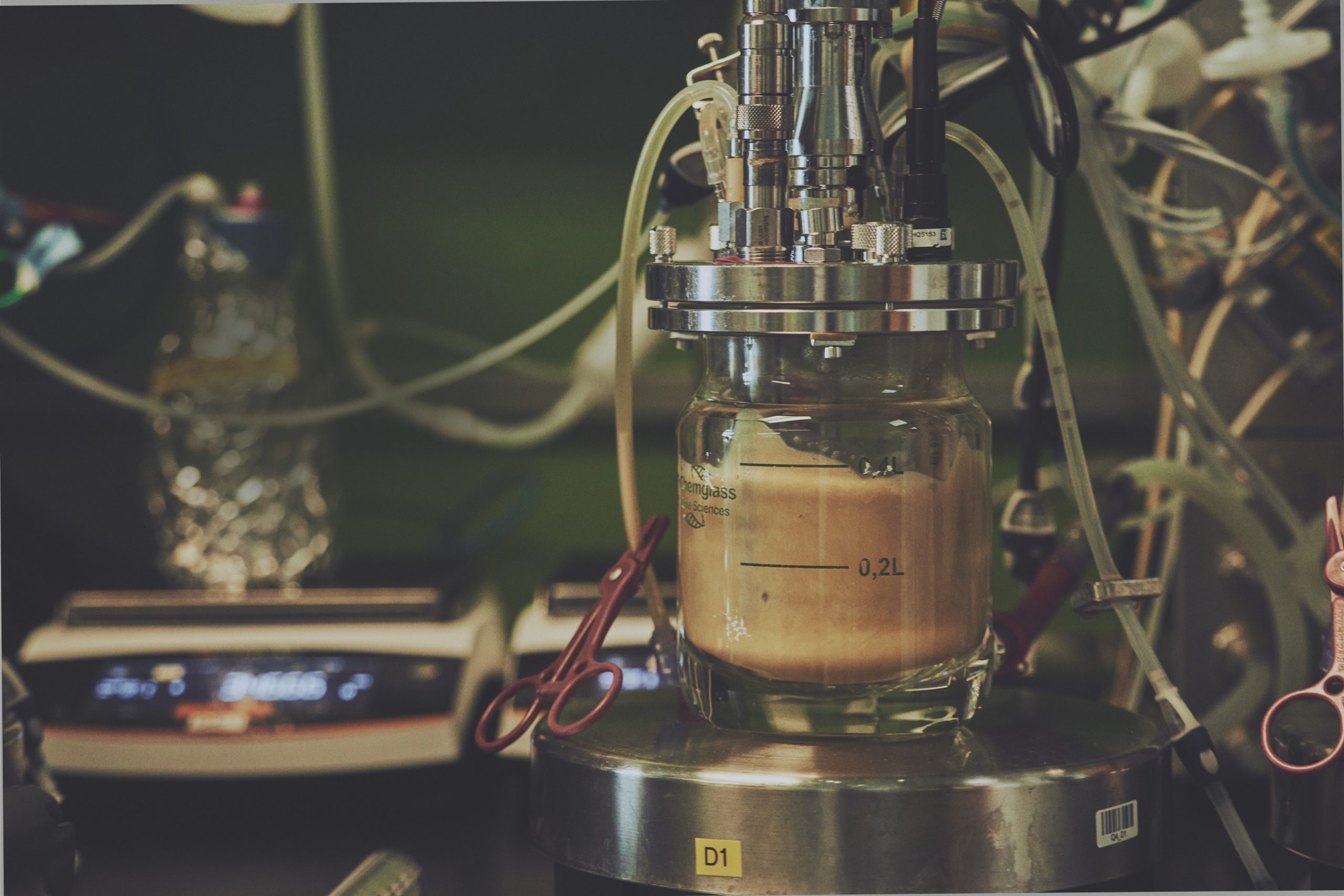
Disability Pride Month: Removing Barriers and Amplifying Voices
learn more
Synthetic Biology Task Force Taps Amyris’ Chief Science Officer

A groundbreaking strategy recently published by Schmidt Futures outlines what it will take for the U.S. and people worldwide to maximize the benefits of the bioeconomy. Schmidt Futures, co-founded by Eric and Wendy Schmidt, is a philanthropic initiative bringing together talented people to solve hard problems in science and society.
In April 2022, Schmidt Futures published “The U.S. Bioeconomy: Charting a Course for a
Resilient and Competitive Future,” only five months after launching the Task Force on Synthetic Biology and the Bioeconomy. The Task Force represents leaders from a wide range of disciplines from synthetic biology to national security – including synthetic biology veteran, Sunil Chandran, PhD, Chief Science Officer and Head of R&D at Amyris – who collectively provided key input to this strategic report.
The report is composed of three parts: rationale and recommendations; the critical actions required; and a series of case studies to contextualize the technology’s impact. The report addresses the R&D activities needed to expand bioproduction capacity, encourages training and education for establishing a bioeconomy workforce, and supports policy that incentivizes and accelerates the transition to a net-zero carbon economy.
While synthetic biology continues to deliver sustainable, scalable manufacturing solutions, the industry still requires a surge of investment and continued commitment to reach its full potential. One of the key recommendations is a $2 billion investment – a fraction of the recently passed $550 billion infrastructure deal – in bio-based R&D efforts and infrastructure development over the next five years to help realize a robust synthetic biology industry that has a potential market value of nearly $30 trillion.
“Synthetic biology is about to explode, it is the next frontier for innovation,” said Eric Schmidt, Co-Founder of Schmidt Futures and former Chairman and CEO of Google. “Right now, the U.S. has the opportunity to capture a leadership position in the circular bioeconomy, which will profoundly impact our ability to create and manufacture goods domestically. As a nation, we should want to get in on the ground floor, so that we can establish the standards for a sector destined to become a major driver of the global economy.”
The stakes for the health of the planet and economy have never been higher and thus, the U.S. must innovate – not iterate – to solve some of the world’s most pressing problems. From reducing dependence on fossil fuels to revitalizing domestic manufacturing to improving national competitiveness, engineering biology represents a solution for both environmental and economic growth. Pursuing a strategic path forward for achieving a robust bioeconomy is of utmost importance and the Task Force has laid a blueprint for how to proceed, detailing the intricacies of the bioeconomy and recommending immediate actions for federal government and other stakeholders.
“Having spent more than 15 years dedicated to bringing this technology to market, I have seen synthetic biology through virtually every stage of growth, as well as the many setbacks. We are at the precipice of unlocking the next generation of synthetic biology and we must continue to aggressively invest in the infrastructure, education, training, and R&D required to realize its full potential for our planet,” said Dr. Sunil Chandran, CSO and Head of R&D at Amyris. “It has been an honor to work with the Schmidt Futures team and Task Force on this report – it marks a milestone for how we, as a country, collectively view this technology and its importance in all of our futures.”
As part of the Schmidt Futures paper, Amyris is featured as a case study on the power of manufacturing with biology and the importance of a platform approach (see pages 61 and 62). Founded in 2003, Amyris was one of the earliest companies in the synthetic biology field that paved the way for biobased manufacturing. A turning point in the company’s history was the development of an engineered yeast strain that produced artemisinic acid – a chemical easily converted into artemisinin, a key ingredient for antimalarial drugs. This ingredient was commercialized through a royalty-free partnership with Sanofi that helped make malaria treatments widely accessible to millions of people globally.
The work on artemisinin had a huge impact for public health and it also led Amyris’ to its unique platform approach for engineering biology that underscores the company’s success to date. Amyris was able to pivot and apply this platform to produce another terpenoid, farnesene, which could be converted to ingredients used in a variety of markets including fuels, cosmetics, and haircare, among many others. Using its Lab-to-Market™ technology platform, Amyris has commercialized more than 13 sustainable ingredients and has launched a family of consumer brands formulated with Amyris ingredients.
While Amyris has worked to evangelize synthetic biology for nearly two decades, it’s promising to see new momentum and recognition of this technology across sectors. What the company has been able to do to transition the world to sustainable consumption has been significant, and yet there is still so much more to be done to ensure our planet can sustain generations to come.
Learn more about Amyris’ science and technology and follow along on Twitter and LinkedIn.